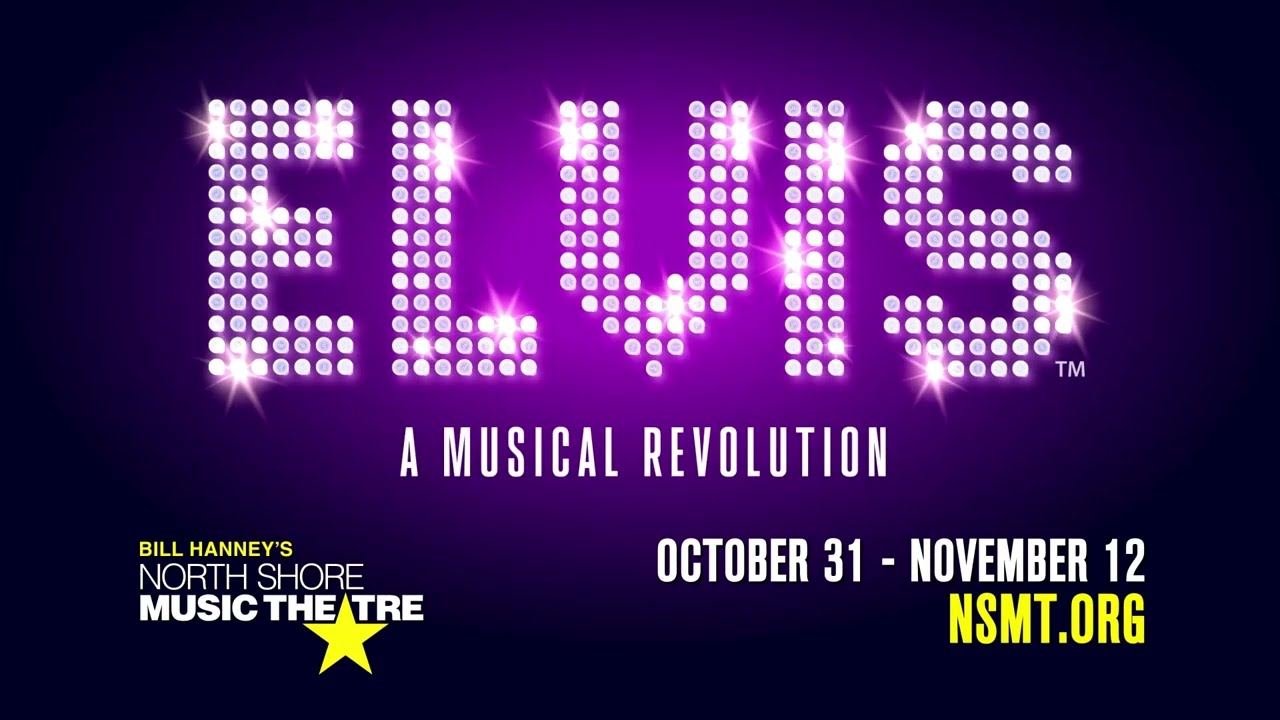

by John Andrews, Founder of Creative Collective
These are trying times, and we are holding space for you.
In the midst of this COVID-19 pandemic, I wanted to take a few moments to express how deeply our team cares about the current climate of things and how frightening and lonely things seem at the moment.
We are here to help and support you however we can.
First off, YOU ARE NOT ALONE! You are part of a community of artists, makers, entrepreneurs and creative types that have all the tools and skills to work through this. By the sheer nature of who you are, you have the tools and skills to pivot and create during even the most challenging times.
This is the time to reach out, talk about future plans, engage on social media and digital platforms. Use the time and space to feed whatever your creative process looks like and make beautiful things and plans that will give the world hope and things to look forward to after this all passes.
I wanted to share some practical and sensible tips and best practices that you can do for yourself and that you can pass on to your customers, family, friends, and colleagues.
Scroll to the bottom for some helpful links we have curated with grant and emergency fund information.
“Don’t think. Thinking is the enemy of creativity. It’s self-conscious, and anything self-conscious is lousy. You can’t try to do things. You simply must do things” – Ray Bradbury
Things you can do to support those that work in the Creative Industries
-
Shop online. Many artisans and makers have digital platforms that they sell their products on. Many have been deeply affected by the cancellations of large conventions, and more locally with postponements and cancellations of markets & fairs.
-
Put a deposit down on a future commission. This all will pass and a little now goes a long way to commit an artist to future work, as well as provide critically needed funds.
-
Support each other. If you are also panicking about finances, take this “down” time to engage digitally with makers and artisans. Follow, comment, and compliment on social media to keep these makers motivated to keep creating. Also, keep an eye out for best practices from your fellow creative industry types that may just be the idea/solution you needed.
-
Continue to shop locally while you can. When there is something affecting things at such a massive scale, every single sale counts and could make a world of difference. Local small businesses will be hardest hit during the pandemic and will need your support.
-
Pre-purchase tickets to future events NOW. Instead of looking for things to do THIS weekend, look a couple of months out and pre-purchase your theatre and event tickets. This little boost in revenue may help venues prevent heavy layoffs and will remind them how important keeping future programming in place truly is.
-
Consider NOT asking for (or saying no thank you) a refund if an event is canceled. There are real costs associated with a lot of events and cancellations and refunds can drastically affect these arts and culture institutions and could possibly make it impossible for them to continue.
-
ORDER TAKEOUT! Call ahead and make sure that it is an option… But restaurants are going to be hit hard and their staff will be impacted even more. Order takeout and leave great tips and if you do feel comfortable going out, please consider tipping an extra percent or two.
Things you can do if you are in the Creative Industries and find yourself with extra time.
-
Take the time to tweak all those things you have been putting off.
-
Make those website updates you have been waiting on (or build that website you haven’t had time to build).
-
Update your online assets and make sure that everything is accurate and up to date.
-
Start a newsletter if you don’t have one.
-
Start a podcast and share your story/craft. There are so many simple ways to get started!
-
Use the extra time to start that one project that you have been putting off due to lack of time.
-
Read industry-specific articles on best practices and marketing strategies.
-
Take online courses to grow and support your business.
-
-
Heavily market yourself digitally and grow your audience, following, and potential customers.
-
Reach out to your regular customers and reassure them that this will not slow you down. Potentially offer online discounts and free shipping.
-
List future events and pre-sale deals. Cabin fever will hit soon and people will be looking forward to future events.
-
Create products and programs that people could do remotely; online tutorials, digital workshops, etc.
-
Review all of your business strategies and systems. Take the few extra minutes to adjust in ways that could help in future unforeseen happenings like this.
-
Research ways that the government and local agencies are providing small business support and services and take advantage where appropriate.
-
Make sure and keep your local municipal leaders aware of how drastically this pandemic is impacting you, track your year to year figures and have it available if necessary.
A note of caution: While it’s okay to take out a small business loan in a time of need, there are a lot of shady lenders with tactics and practices that could prove detrimental in the long term. There has already been an influx of emails and ads offering loans and lines of credit, please think before acting.
Research the companies advertising small business loans before signing anything. Some companies will prey off uninformed small business owners in times of panic and then cause them huge difficulties later. Don’t fall victim to this kind of scheme.
“To our creative friends and colleagues across Essex County, know that you’re not alone. As we face the challenges of COVID-19 over the coming weeks, we will face them together as a strong, connected region of 34 culturally diverse and vibrant communities. ECCF’s Creative County Initiative is doubling down on the challenge through our philanthropic networks and deep systems approach. Start with the practical solutions presented by Mass Cultural Council and the North Shore’s Creative Collective, and put your own creativity to work during this unprecedented time. And know that we’ve got your back today – and well into the future!”
KAREN RISTUBEN – EXECUTIVE DIRECTOR OF THE ESSEX COUNTY COMMUNITY FOUNDATION’S CREATIVE COUNTY INITIATIVE
It is hard to believe that just a couple of weeks ago Mass Cultural Council launched our new Culture Rx Initiative, touting the protective and healing power of culture in the face of an epidemic of loneliness and social isolation. Today, the epidemic is COVID-19/the coronavirus and social isolation has gone from curse to cure.
While we know that social isolation is prescribed as the best protective factor now, it is also true that the arts and culture are a powerful source of healing in these times of high stress and anxiety. We want to explore together alternative ways of delivering our essential services in the absence of the human touch and community that is so much a part of our work. Share your ideas and successes and we will share them with the field. In unprecedented times, creativity, and innovation lead. This is our superpower.
General information from the CDC about COVID-19
By and large, most people will not be significantly medically affected by the coronavirus if they catch it. The global response to COVID-19, however, will disrupt everyone’s livelihood, whether or not they personally will be affected by the disease itself (or whether or not they think the disease is a “big deal”). Some of these effects may carry significant costs, up to and including disruption of everyday life, unemployment, lack of access to medical care (whether or not you have the disease), and travel restrictions. This will all start happening within the next 2-4 weeks, if it is not happening in your area already. Source: COVID19 Effect Preparation Worksheet
The CDC is working across the Department of Health and Human Services and across the U.S. government in the public health response to COVID-19. Much is unknown about how the virus that causes COVID-19 spreads. Current knowledge is largely based on what is known about similar coronaviruses. SOURCE: https://www.cdc.gov/coronavirus/2019-ncov/community/guidance-business-response.html
-
Actively encourage sick employees to stay home:
-
Employees who have symptoms of acute respiratory illness are recommended to stay home and not come to work until they are free of fever (100.4° F [37.8° C] or greater using an oral thermometer), signs of a fever, and any other symptoms for at least 24 hours, without the use of fever-reducing or other symptom-altering medicines (e.g. cough suppressants). Employees should notify their supervisor and stay home if they are sick.
-
Ensure that your sick leave policies are flexible and consistent with public health guidance and that employees are aware of these policies.
-
Talk with companies that provide your business with contract or temporary employees about the importance of sick employees staying home and encourage them to develop non-punitive leave policies.
-
Do not require a healthcare provider’s note for employees who are sick with acute respiratory illness to validate their illness or to return to work, as healthcare provider offices and medical facilities may be extremely busy and not able to provide such documentation in a timely way.
-
Employers should maintain flexible policies that permit employees to stay home to care for a sick family member. Employers should be aware that more employees may need to stay at home to care for sick children or other sick family members than is usual.
-
-
Separate sick employees:
-
CDC recommends that employees who appear to have acute respiratory illness symptoms (i.e. cough, shortness of breath) upon arrival to work or become sick during the day should be separated from other employees and be sent home immediately. Sick employees should cover their noses and mouths with a tissue when coughing or sneezing (or an elbow or shoulder if no tissue is available).
-
-
Emphasize staying home when sick, respiratory etiquette and hand hygiene by all employees:
-
Place posters that encourage staying home when sick, cough and sneeze etiquette, and hand hygiene at the entrance to your workplace and in other workplace areas where they are likely to be seen.
-
Provide tissues and no-touch disposal receptacles for use by employees.
-
Instruct employees to clean their hands often with an alcohol-based hand sanitizer that contains at least 60-95% alcohol, or wash their hands with soap and water for at least 20 seconds. Soap and water should be used preferentially if hands are visibly dirty.
-
Provide soap and water and alcohol-based hand rubs in the workplace. Ensure that adequate supplies are maintained. Place hand rubs in multiple locations or in conference rooms to encourage hand hygiene.
-
Visit the coughing and sneezing etiquette and clean hands webpage for more information.
-
-
Perform routine environmental cleaning:
-
Routinely clean all frequently touched surfaces in the workplace, such as workstations, countertops, and doorknobs. Use the cleaning agents that are usually used in these areas and follow the directions on the label.
-
No additional disinfection beyond routine cleaning is recommended at this time.
-
Provide disposable wipes so that commonly used surfaces (for example, doorknobs, keyboards, remote controls, desks) can be wiped down by employees before each use.
-
-
Advise employees before traveling to take certain steps:
-
Check the CDC’s Traveler’s Health Notices for the latest guidance and recommendations for each country to which you will travel. Specific travel information for travelers going to and returning from China, and information for aircrew, can be found at on the CDC website.
-
Advise employees to check themselves for symptoms of acute respiratory illness before starting travel and notify their supervisor and stay home if they are sick.
-
Ensure employees who become sick while traveling or on temporary assignment understand that they should notify their supervisor and should promptly call a healthcare provider for advice if needed.
-
If outside the United States, sick employees should follow your company’s policy for obtaining medical care or contact a healthcare provider or overseas medical assistance company to assist them with finding an appropriate healthcare provider in that country. A U.S. consular officer can help locate healthcare services. However, U.S. embassies, consulates, and military facilities do not have the legal authority, capability, and resources to evacuate or give medicines, vaccines, or medical care to private U.S. citizens overseas.
-
-
Additional Measures in Response to Currently Occurring Sporadic Importations of the COVID-19:
-
Employees who are well but who have a sick family member at home with COVID-19 should notify their supervisor and refer to CDC guidance for how to conduct a risk assessment of their potential exposure.
-
If an employee is confirmed to have COVID-19, employers should inform fellow employees of their possible exposure to COVID-19 in the workplace but maintain confidentiality as required by the Americans with Disabilities Act (ADA). Employees exposed to a co-worker with confirmed COVID-19 should refer to CDC guidance for how to conduct a risk assessment of their potential exposure.
-
Some articles for your consideration.
-
How canceled events and self-quarantines save lives, in one chart
-
Arts and Culture Sector Can Prepare for the Coronavirus in the United States
-
Preparing for Potential Impact of the Coronavirus via ArtsReady
Opportunities, Grants, Resources and Relief Funds
At the end of the day, we need to be sensible and come together as a community… Even if digitally, to support one another and get through these most difficult of time. Please feel free to reach out if we missed any good tips and tricks!







